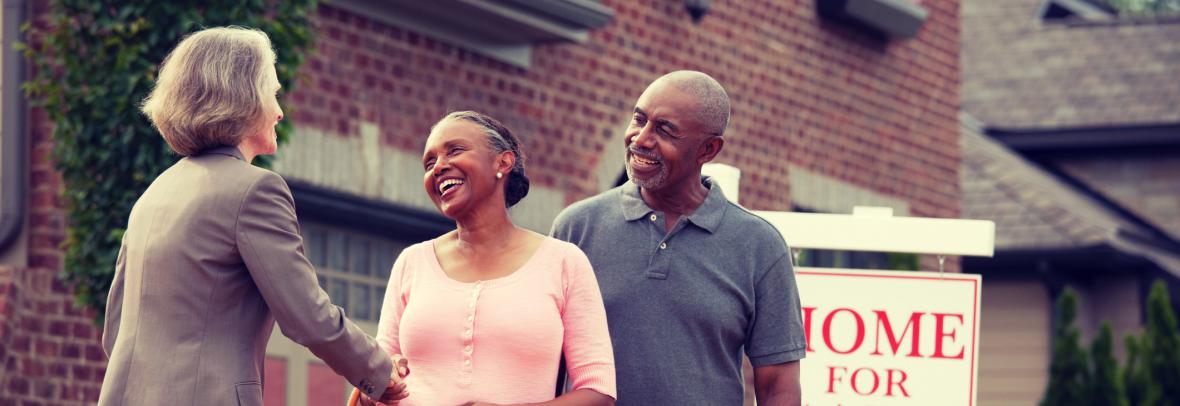
Fannie Mae survey: Americans have an ingrained belief that housing investments are almost as safe as savings accounts with the growth potential of a stock investment.
WASHINGTON – The single-family housing market was particularly strong in 2020, Fannie Mae writes in an analysis of its latest consumer survey. As of Q4 2020, home prices appreciated 10.8% year over year, according to the FHFA Home Price Index, and the National Association of Realtors® reported that monthly sales of existing homes were more than 20% higher, year over year, in Q4 2020.
Fannie Mae analysts attribute much of housing’s strength to the response of policymakers and consumers to the truly unique circumstances of the COVID-19 pandemic. But even in the years prior to the pandemic, consumers believed housing, as an asset class, was a safe investment with high potential – a perception, which, if it persists, will likely further support demand even as pandemic-related factors recede.
The Q4 2020 National Housing Survey again asked consumers about various investment types, including stocks, bonds, homes and savings accounts. Of those, 75% indicated that homes are a “safe” investment, ranking in safety just slightly below a savings/money market account. And 73% of consumers felt that investing in a home has “a lot of potential” compared to 63% who said stocks have “a lot of potential.”
“Americans appear to have an ingrained belief that housing investments are almost as safe as a money market or savings account, but also that they have the growth potential of a stock investment,” Fannie Mae analysts said.
However, the analysts said that housing isn’t always a “safe” investment with a “lot of potential.”
“Housing prices can experience steep declines or fluctuations depending on the holding period,” they said, and that the “timeline of when someone buys and sells their home is an important factor in the overall return. Additionally, transaction costs are generally higher for housing than other assets.”
However, consumers may factor in the rent they may otherwise have to pay – and for some consumers the tax benefits of owning a home remain meaningful.
One often overlooked feature of a fixed-rate self-amortizing mortgage is that it acts as a forced savings mechanism as the principal balance on the loan is gradually reduced by funds that would otherwise have gone to rent payments.
“Holding period and other caveats aside, our latest survey reminds us that consumers remain focused on the long-term potential of housing. In fact, 85% of consumers in our survey believe homeownership leads to wealth-building and better financial health, numbers that have been consistent over time,” analysts said.
Consumers also value homeownership for non-monetary reasons, with emotional and tangible aspects perhaps contributing to their positive opinions – something that other investments or renting may not provide. Ninety percent of consumers say owning a home “gives a sense of privacy and security,” and 89% say it allows for “a good place to raise your family,” compared to renting a home. The reasons may vary, but the experiential aspects of owning a home likely play a role in its high perceived value.
Owning a home is also considered by most to be part of “the good life,” with survey data showing that 87% of consumers report that homeownership is important. Other items ranking higher on “the good life” list included health, financial security, preferred living location and work/life balance.
© 2021 Florida Realtors®
Go to Source
Author: kerrys



